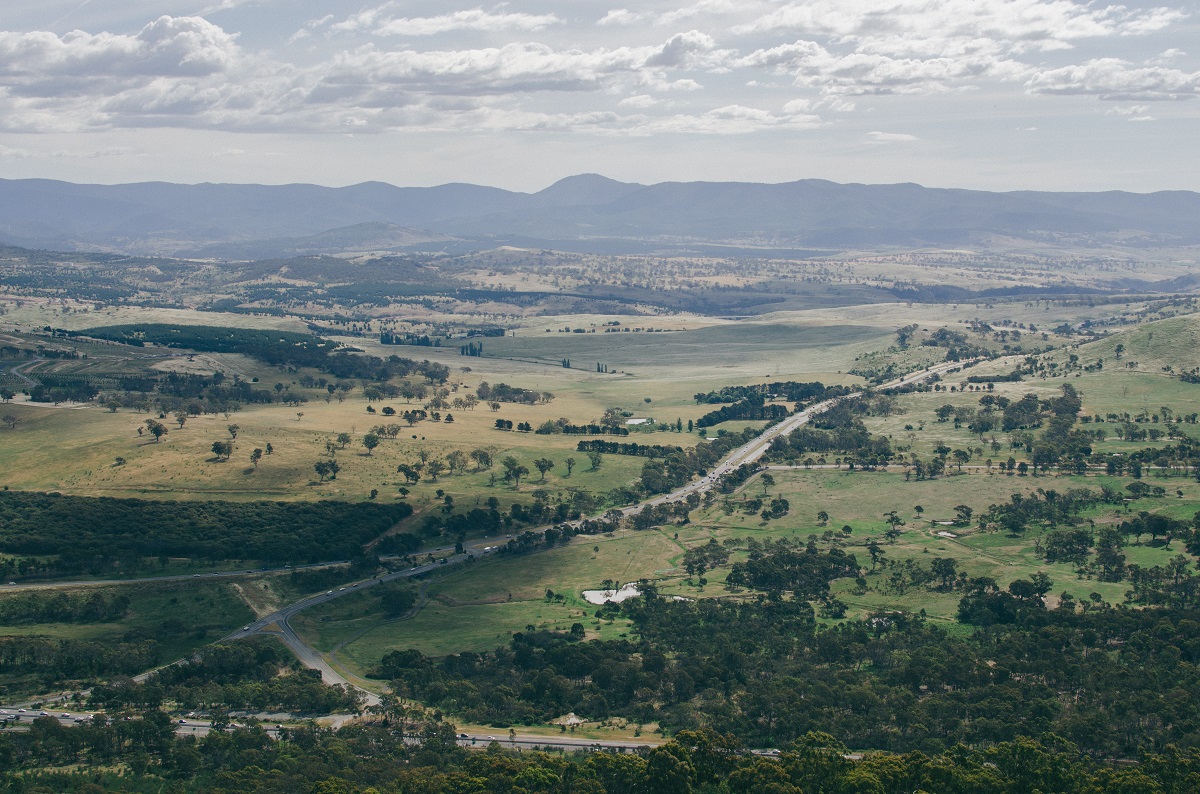Folklife Friday is a weekly digest of arts and culture articles, podcasts, and videos from across the web. Read on for a selection of the week’s best cultural heritage pieces, and don’t forget to check back next Friday for a new set of weekly picks.
Three Translators Respond to “Arrival”
In the Academy Award-winning film Arrival, a linguistics professor must find a way to communicate with mysterious extraterrestrials who have just landed on Earth. In this piece, translators Hillary Gulley, Esther Allen, and Will Evans reflect on the film and the short story upon which it’s based, drawing parallels between their work and that of the main character. “Any given term in one language has the potential to become, legitimately, a range of other terms in translation, depending on context, intention, and a host of other factors,” Allen writes.
Students Serve up Stories of Beloved Family Recipes in a Global Cookbook
A new book-publishing project from the literacy nonprofit 826DC is asking students in Washington, D.C.’s Capital City Public Charter School to write essays around family recipes of their choice. The result is a collection of stories, many generations old, that together shed light on questions of culture and place. Among the featured recipes are nuegados, chili, and atole de elote. “Writing these food-focused stories has helped the students become better writers,” NPR’s Becky Harlan explains, “but it’s also forced them to delve into their identities.”
Tracey Moffatt: “If It Becomes a Little Terrifying Then I’m Interested”
For Australian artist Tracey Moffatt, who this year exhibits her solo show My Horizon at the Venice Biennal—the first Indigenous Australian artist to do so—the starting point for each of her films is Sydney’s resplendent landscape. “It’s location first and then the story comes,” she says. Moffatt’s work also draws heavily on photography, a medium that has long inspired her. “I love a dirty old glass plate image that you’d find in an antique shop, or daguerreotypes,” she adds. “I love vintage because often they were capturing something that wasn’t intended…the unintentional moment.”
The Democracy of American Music
“What is American music? And, perhaps more to the point, why do we care so much?” Anne Midgette poses these and other question in this Washington Post piece on the Kennedy Center’s new SHIFT Festival. From prolific symphonists to young composers, Midgette surveys what the phrase “American music” has come to represent, weighing arguments for and against the classification, and finally capturing its distinctive sound as “new and bracing, yet also lithe and melodic.”
Soledad O’Brien Sees All Sides
For journalist Soledad O’Brien, who is part Afro-Cuban, part Australian, authentic reporting means giving agency to diverse communities and challenging the all-too-common frames through which stories are told. Among the filters that O’Brien discusses in this interview is “the idea that every person in poverty is framed by the deficits around him or her” (15:00). Instead, Soledad makes the case for reporting that tells the story of community members in their own words. “If I am doing my story right, I am highlighting exactly how they feel.”
Special thanks to editor Elisa Hough and to Jackie Pangelinan for her contributions to this week’s digest.
Photo by Linda Xu


